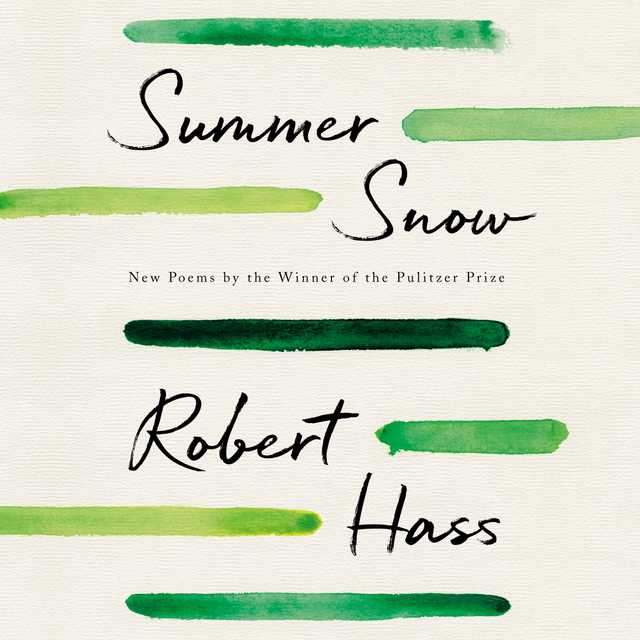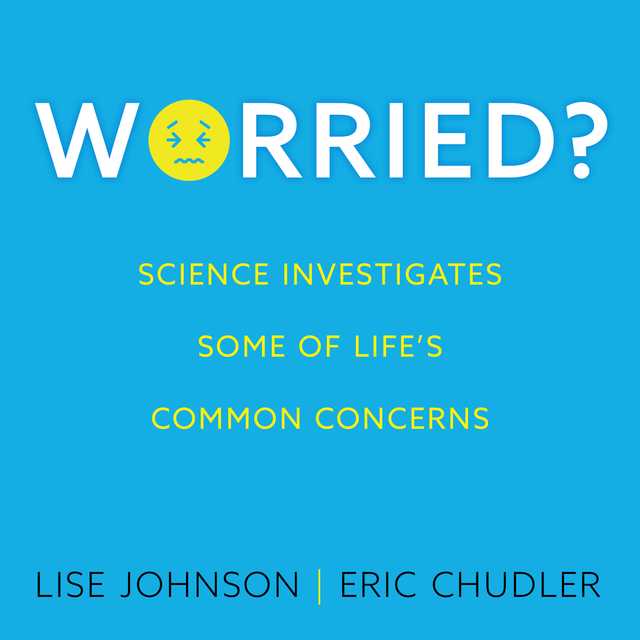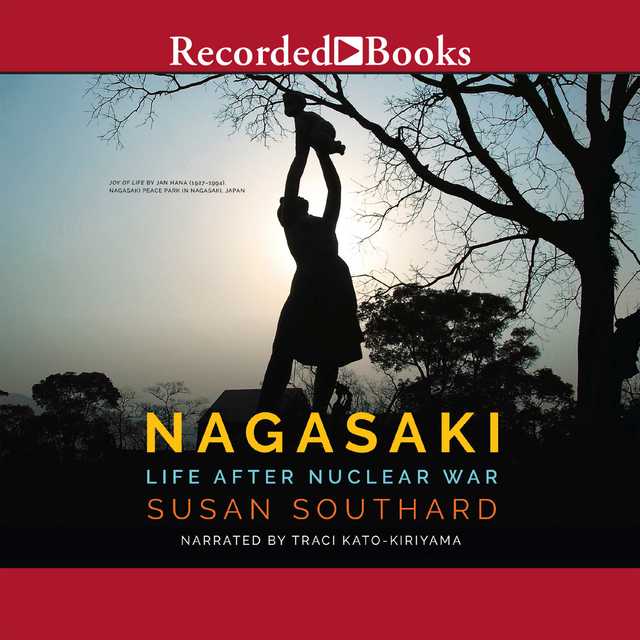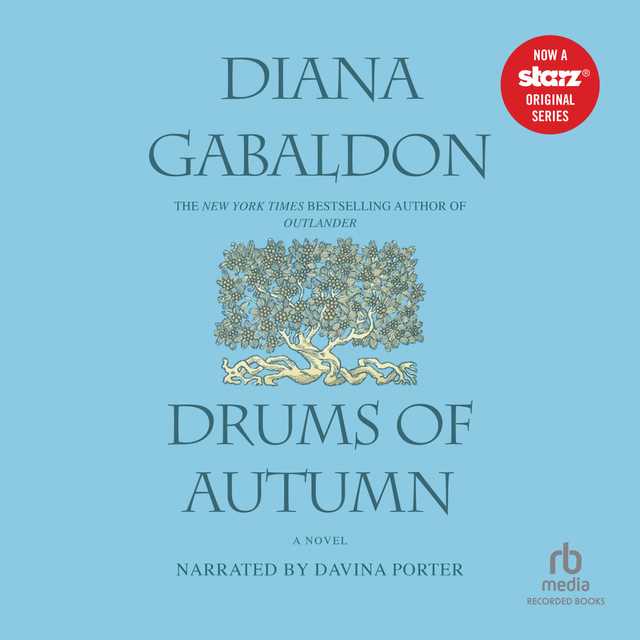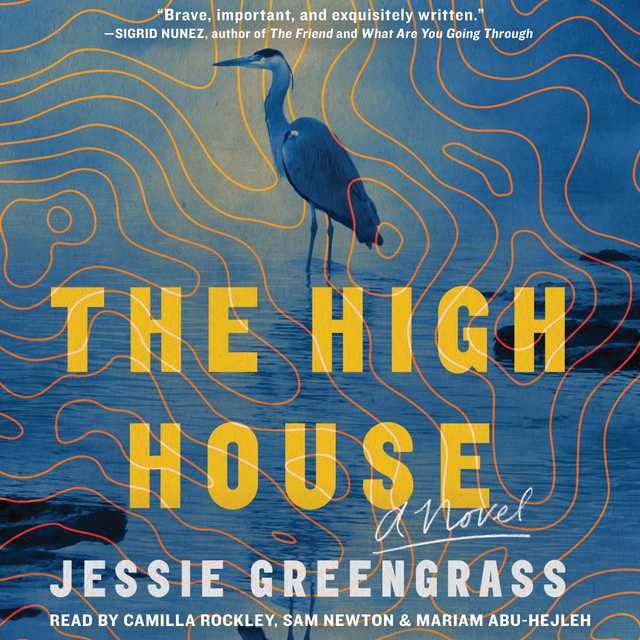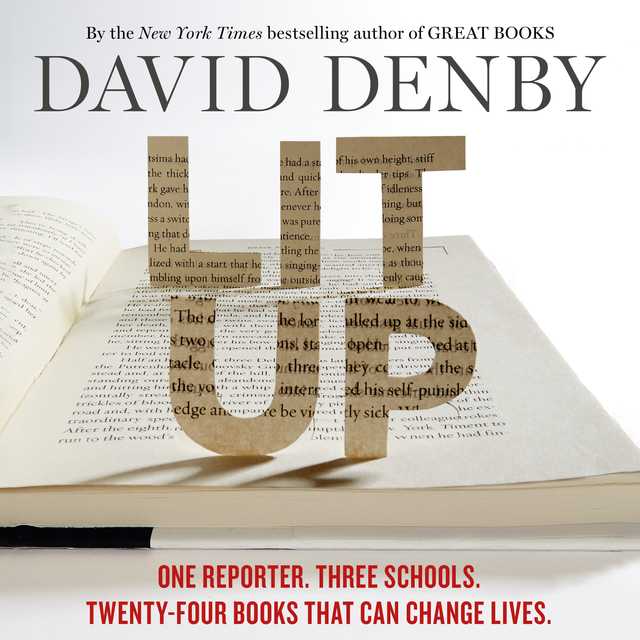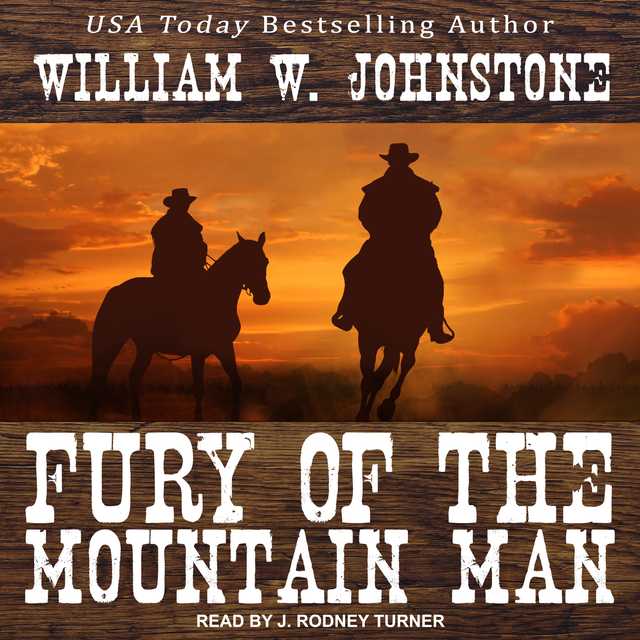Summer Snow Audiobook Summary
A major collection of entirely new poems from the Pulitzer Prize and National Book Award-winning author of Time and Materials and The Apple Trees at Olema
A new volume of poetry from Robert Hass is always an event. In Summer Snow, his first collection of poems since 2010, Hass further affirms his position as one of our most highly regarded living poets. Hass’s trademark careful attention to the natural world, his subtle humor, and the delicate but wide-ranging eye he casts on the human experience are fully on display in his masterful collection. Touching on subjects including the poignancy of loss, the serene and resonant beauty of nature, and the mutability of desire, Hass exhibits his virtuosic abilities, expansive intellect, and tremendous readability in one of his most ambitious and formally brilliant collections to date.
Other Top Audiobooks
Summer Snow Audiobook Narrator
Robert Hass is the narrator of Summer Snow audiobook that was written by Robert Hass
Robert Hass was born in San Francisco. His books of poetry include The Apple Trees at Olema (Ecco, 2010), Pulitzer Prize and National Book Award winner Time and Materials (Ecco, 2008), Sun Under Wood (Ecco, 1996), Human Wishes (1989), Praise (1979), and Field Guide (1973), which was selected by Stanley Kunitz for the Yale Younger Poets Series. Hass also co-translated several volumes of poetry with Nobel Laureate Czeslaw Milosz and authored or edited several other volumes of translation, including Nobel Laureate Tomas Tranströmer’s Selected Poems (2012) and The Essential Haiku: Versions of Basho, Buson, and Issa (1994). His essay collection Twentieth Century Pleasures: Prose on Poetry (1984) received the National Book Critics Circle Award. Hass served as Poet Laureate of the United States from 1995 to 1997 and as Chancellor of the Academy of American Poets. He lives in California with his wife, poet Brenda Hillman, and teaches at the University of California, Berkeley.
About the Author(s) of Summer Snow
Robert Hass is the author of Summer Snow
More From the Same
- Publisher : HarperAudio
- Abraham
- American Gods [TV Tie-In]
- Dead Ringer
- House of Sand and Fog
- Prey
Summer Snow Full Details
| Narrator | Robert Hass |
| Length | 3 hours 59 minutes |
| Author | Robert Hass |
| Category | |
| Publisher | HarperAudio |
| Release date | January 07, 2020 |
| ISBN | 9780062950055 |
Subjects
The publisher of the Summer Snow is HarperAudio. includes the following subjects: The BISAC Subject Code is Death, Poetry, Subjects & Themes
Additional info
The publisher of the Summer Snow is HarperAudio. The imprint is HarperAudio. It is supplied by HarperAudio. The ISBN-13 is 9780062950055.
Global Availability
This book is only available in the United States.
Goodreads Reviews
Peycho
March 17, 2021
What the Modernists Wrote About: An Informal SurveyHart Crane wrote about a bridge, and gulls in the dawn light,And a subway tunnel, trains plowing through it in the ratcheting dark,And the hobo camps along the railroad tracks in IndianaAnd the flower of a sailor’s sex floweringAnd the sweet terror of vertical longing in the horse latitudes.And Thomas Stearns Eliot, poor Tom, as his friends said,With his brilliance and his prim, squeamish Southern childhoodChanneled Baudelaire and wrote a poemAbout sexual hunger and crippling self-consciousnessThat made him very famous and refocused European poetry for several generationsAnd then, after his mentorBertrand Russell had slept with his—Eliot’s—distraught wife,He wrote a poem—“Mr. Appollinax”—about a philosophical satyrAnd then a poem about a broken world and the terrible powerOf spring, numbness after a brutal war, and the bodiesOf working class girls washed up in the ThamesAnd the boredom and hysteria in the boudoirs of the well-off,And the memory of a riverside church—some old idea of “inexplicable splendor”—And his desire to die to his sensual lifeAnd later the memory of the laughter of children in a gardenOn a path that seemed to lead somewhere indistinctAnd probably irrecoverableAnd later again the bombs that fell like tongues of flame on London.Ezra Pound wrote about a number of subjects, as I recall,Medieval Italian banking and the Paris Metro,Among them. Also Chinese historyAnd being imprisoned in a cage,And the mob that strung his hero Mussolini from a lamppost in Milan,And when he was younger his first taste of VeniceWhile he sat on the Dogana’s steps,And he wrote about a woman he remembered—“As cool as the pale, wet leaves of lily-of-the-valley”—Who lay beside him in the dawn.And Hilda Doolittle saw the Egyptian god AmonIn the green fields of Pennsylvania where he shoneLike the angels she needed to summon to survive the way the violenceOf the devastation of the bombed out city had shaken her and the way,As a girl, desire had shaken her, and the rhythms of Sappho.Robinson Jeffers wrote about the Big Sur headlandsAnd the hawk’s beak, and the tidal surges of the sea, and pelicans cruisingLike laden bombers down the coast near Point Pinos.And Marianne Moore wrote the greatest poemAbout a mountain in the twentieth century and called it “An Octopus.”After that, or simultaneously, she wrote a poem about marriage,The avoidance thereof. And the pangolin and the chambered nautilusAnd the exacting work of a steeple jackIn a seaside town where a certain precision of craftWas a matter of life and death.And Bill Williams,As his friends called the doctor, except Ezra Pound who called himOle Doc Williams, even when they were young,Wrote about noticing a thirteen year old girl at the curbOn a street corner waiting for the light to changeAnd glancing down self-consciously at her new breasts,A quite different take on the subject from Eliot’s,And a girl cutting her little brother’s hair by a windowOn a summer afternoon in a neighborhood of brick tenements.And Brueghel, and wild onions, he wrote about, and the way cities burnedLike Christmas greens in the fireplace as the world war churned on.And about how the coming of spring to a bare winter fieldIn New Jersey resembled the violence of child birthAnd how he was disgusted with himself for being sexually attractedTo the half-witted girl who helped clean their house.And Wallace Stevens wrote about the Connecticut RiverAnd an early winter snowfall in HartfordAnd the way sexual magic dissipated in his lifeAnd what his Pennsylvania Dutch mother would think of his prettyAnd explicitly atheist poems—“Ach, mutter,” he wrote, “this old, black dress,I have been embroidering French flowers on it”—And the nature of imagination, and somethingAbout the fact that you can regard blackbirdsFrom several points of view.And Lola Ridge wrote about the New York ghettoIn something like the way Langston Hughes wrote about the Harlem streetsBecause he perhaps took his manner at first from herAnd from Carl Sandburg and, listening to the blues,Made it his own when he described the rent partiesAnd the suicides and the grifters, the lovers, the numbers runners,And the “boogie-woogie rumble of a dream deferred.”And Mina Loy wrote about sex that was like pigs rooting,Also, more fastidiously, the vowel sounds produced by a contemplation of the moon.And Gertrude Stein. About was a writing. Outwardly. It was exceedingly about.
Sailor
January 12, 2021
Certains poèmes sont vraiment dur (sur la mort infantile, la fusillade de Pulse, la guerre, le deuil) et d'autres donnaient envie d'avoir des conversations philosophiques dans des cafés européens et de lire des poèmes en espagnol, ou encore racontaient des histoires.Les poèmes que j'ai le plus appré
Ian
July 27, 2020
One of my treats of the year. I'm so grateful for David Brady hipping me to Hass on here. The writing is beautiful. It dealt with death in a way that I found deeply moving. I was surprised, given the darkness of our times right now and my daily consumption of death stats, that Hass' focus on death (its not his only focus) became one of the things I loved most about this collection. He's incredible and I'll be reading EVERYTHING he writes.
Keith
January 26, 2020
Again, loving another Hass book! I am just so happy this poet is among us. Here's a short review I wrote:https://www.nyjournalofbooks.com/book...
James
March 27, 2020
A new collection by the former Poet Laureate and Pulitzer prize winner. As he ages, of course, he looks back, recalling a lot of people who have passed on (there are so many mentions of people who are dead now), contemplating loss and beauty. Some of the political poems are the strongest in the collection, including a lovely poem about his experience at a peace conference in Korea and a protest at a military complex.
Dale
October 18, 2021
Hass is one of the best poets writing today, and this is a wonderful collection.
Dillon
June 09, 2020
For me this new collection felt like a slow start but part of that may have been my own state of mind. Maybe it was fitting that I didn’t really get engrossed in the poems until summer had begun and my life had slowed down enough for me to sit peacefully and read attentively. Robert Hass’ poetry is powerful while also making the creation of poetry feel achievable—like something we all can, and should, do. I forget who once defined poetry as “language that exists for the sole purpose of existing”. It’s not selling you a product, completing a business transaction, or even giving directions for how to accomplish some mundane task or chore. It can be directions for living a good life though. Hass’ style reads so much like it was lifted straight from the pages of his personal notebook. That’s what makes it feel motivating, and poetry achievable. At the same time, the information across the lines is clearly well researched and there is undeniably a sense of form that is artfully crafted. So that appearance of natural, immediate thought is actually part of the design. It’s a ridiculous miracle of writing that Hass so often reaches. Hass has a certain spirituality that I am drawn to. Desire is a concept felt and investigated across many of his poems, not just in this book. To me, he does the work of offering insights and reminders for how to practice a U.S.-Buddhism. Meditation—following a noble path in life—is a practice. Lines like this. . . purification: the desire for the cessation of desire is a desire.. . . remind me to pause, breathe, and reconsider what it means to be a good practitioner. These lines can be found on page 91, “February Notebook: The Rains”, “A Memory”. In times that test our hope, meditation is an important practice that it is far too easy to lose sight of. “After Xue Di” tells us “There are ways of not quitting / morally.” Immediately after, “Dancing” opens “the radio clicks on—it’s poor swollen America / Up already and busy selling the exhausting obligation / Of happiness”. Hass is also concerned with translation. Two translations from Anglo-Saxon are in Summer Snow. And the feeling associated with the inherent issue of translation is explored in “Large Bouquet of Summer Flowers, or Allegory of the Imagination”:. . . we are hauntedOr even constituted by the teasing awarenessOf the presence in ourselves of an unreachableAnd twinned other which creates the small shockWe feel when we sense the dissimilarity in metaphorsAnd the way that a translation doesn’t feel like a twin.Hass’ attempts toward a “boundless poetics” will delight those who find pleasure and fascination in language as a uniquely human tool. His perspectives on both language and spirituality are a delight to me, whose early interests in literature and Buddhism can be traced back to a teenage reading of an English translation of Siddhartha from Herman Hesse’s German. If you’re interested but unsure about how to dive into understanding and appreciating Hass’ particular approach to poetry, start from what might be the climax of Summer Snow read as a whole: “Seoul Notebook” (pages 137-144, about 80% through the book). This is one of his poems that reads a lot like prose, a short non-fiction narrative in two parts. The first part is “1. First Day of the Conference on Peace”. Hass describes his visit to the Institute of Korean Studies with gorgeous imagery and thought-provoking quotes from those attending the conference, lifted from his notebook. Of course, no consensus on how to reach world peace was achieved (otherwise I’m sure you would have read this book already). But, the act of reading what Hass has described can bring each of us, individually, closer and closer incrementally. This poem gives the reader plenty to think about, including even the existence, purpose, implications of such a conference attended overwhelmingly by the “mostly male, mostly middle-aged” served food and drink by young women working the event. The second part is “2. Mouths of Babes”. One woman attending the event is the wife of a Korean professor of the philosophy of science. She’s from Kansas so Hass can talk to her casually in English as well as her daughter, Holly. When saying their goodbyes after the event Holly says “We’ve got to think our way to world peace.” There’s more depth to this when you read the whole “Seoul Notebook” poem, which I am urging you to do here. I hope it motivates you to read more from this wondrous new collection. There’s plenty to think about.
David
June 30, 2022
After reading five new collections of poetry in a row plus an annual anthology, all of which left me almost totally unengaged and at a loss to say anything remotely meaningful about them, it was deeply satisfying to take up Robert Hass’s SUMMER SNOW. It’s his first collection since his invaluable 2010 THE APPLE TREES AT OLAMA: NEW AND SELECTED POEMS, which won the National Book Critics Circle Award, and it further secures Hass’s position as one of America’s finest living poets.There isn’t a trace of obscurantism or deliberate obfuscation in Hass. He’s more knowledgeable than most of us, but he never tries to overwhelm us with, just shares, his knowledge. He consistently delivers to the reader the same clarity that he evidently wants for himself. Here’s “Abbott’s Lagoon, October”:The first thing that is apt to raise your eyes Above the dove-grey and silvery thickets Of lupine and coyote bush and artichoke thistle On the sandy, windy path from the parking lot To the beach at Abbott’s Lagoon is the white flash Of the marsh hawk’s rump as it skims low Over the coastal scrub. White-crowned sparrows Loud in the lupine even in October, even In the drizzly rain, startle and disappear. And the burbling songs and clucks of the quail That you may or may not even have noticed you were noticing Go mute and you are there in October and the rain, And the hawk soars past, first hawk, then shadowOf a hawk, not much of a shadow in the rain, low sun Silvering through clouds a little to the west. It’s almost sundown. And this is the new weather At the beginning of the middle of the California fall When rain puts at end to the long sweet days Of our September when the skies are clear, days mild, And the roots of the plants have gripped downInto the five-or-six-month drought, have licked All the moisture they are going to lick From the summer fogs, and it is very good to be walking Because you can almost hear the earth sighAs it sucks up the rain, here where mid-OctoberIs the beginning of winter, which is the beginningOf a spring greening, as if the sound you are hearingIs spring and winter lying down in one another’s arms Under the hawk’s shadow among the coastal scrub, Ocean in the distance and the faintest sound of surf And a few egrets bright white, working the reeds At the water’s edge, in October in the rain.Now read that again aloud. You’ll want to do that often with Hass, savoring his vowels and consonants and his closeness to the informal but definite rhythms of American speech, but speech of the most careful and reverent if often playful order. From the beginning of his career, with the 1973 Yale Series of Younger Poets selection FIELD GUIDE, Hass’s work has been distinguished by his keen and affectionate eye for the landscapes, leaves, weather and patterns of the natural world. (I tell myself that he would probably enjoy knowing that at one time my mnemonic for remembering his name, now indelible, was the word “avocado.”) From “Nature Notes”:People study everything. The excrement Of beetles. The sonic niches of the blackbird’s song,And the sexual excesses of the cottonwood Which pours thousands of seeds into the air. So I know that for one to germinate, it has to alight In moist, sandy soil. A sandbar in the curveOf a little alpine creek would be just right.Hass is not above an occasional poem in which he seems to be just horsing around. Surely you and I, unlike certain stuffed-shirt critics, can welcome and enjoy this. Nor is he averse to bringing the social and environmental issues of our times into his poetry, as in “The Greech Notebook” and “Seoul Notebook.” These also will probably annoy the stuffed shirts, who insist that poetry must forever be above the fray.Hass’s latest collection is a strong addition to a mighty body of work.
Wuttipol✨
June 17, 2021
First PoemIn the dream, he was a hawk with blood on its beak. In the dream, he was a hawk. In the dream, he was a woman naked, indolent from pleasure, a gleam of sperm on her vaginal lips. In the dream, he was a woman.(He could both be the woman and see the viscid fluid in the dream.)In the dream, he was a turquoise bird fashioned from blue stone by a people who dug it from the earth and believed it was the shattered sky of a foreworld. In the dream, he was the turquoise bird. In the dream, his feet hurt, there was a long way still to go, lizards scuttling in the dust. In the dream his feet hurt. In the dream, he was an old man, his woman gone, who woke early each day and made his pot of coffee and sliced bits of melons for the lizards and set them on the hard ground by the garden wall. In the dream, he was the old man. The calm mouth of the lizards as they waited, themselves the color of the dust, meant that every creature was solitary and singular on the earth.In the dream, the woman in the elevator took out her eye. It was a moon in the dream. In the dream, there was a knock on the door and it was a troop of begging children and he said to them in mock outrage, “You! Scoot! This is not your day. Tuesday is your day,” and the children laughed with great good humor. Their day was Tuesday in the dream.
Dorothy
May 21, 2020
This book has been on my side table for some time now, as I pick it up randomly and read or rereada poem. The book is divided into five untitled sections. The first section deals with death at different ages. There are poems about notes and notebooks. The fourth section is three specific notebooks. The notebooks contain some very short poems not usual for Hass whose poems are often lengthy.
Hannah
December 10, 2020
Hass is such an amazing writer. I really loved slowly working my way through this collection and savoring each entry. His poems are smart, understated but emotional, and intensely moving. I'm so glad he put out this volume.
Ron
May 09, 2021
These poems reflect the poet's being in the natural world, as well as the nature of poetry itself. At times, the poems are narrative, while at other times they are out of time and place in a gesture of true poeisis--permitting the reader of glimpse at what was formerly not.
Kate
August 03, 2021
The many poems about death didn't bring me down. Surprisingly.
Frequently asked questions
Listening to audiobooks not only easy, it is also very convenient. You can listen to audiobooks on almost every device. From your laptop to your smart phone or even a smart speaker like Apple HomePod or even Alexa. Here’s how you can get started listening to audiobooks.
- 1. Download your favorite audiobook app such as Speechify.
- 2. Sign up for an account.
- 3. Browse the library for the best audiobooks and select the first one for free
- 4. Download the audiobook file to your device
- 5. Open the Speechify audiobook app and select the audiobook you want to listen to.
- 6. Adjust the playback speed and other settings to your preference.
- 7. Press play and enjoy!
While you can listen to the bestsellers on almost any device, and preferences may vary, generally smart phones are offer the most convenience factor. You could be working out, grocery shopping, or even watching your dog in the dog park on a Saturday morning.
However, most audiobook apps work across multiple devices so you can pick up that riveting new Stephen King book you started at the dog park, back on your laptop when you get back home.
Speechify is one of the best apps for audiobooks. The pricing structure is the most competitive in the market and the app is easy to use. It features the best sellers and award winning authors. Listen to your favorite books or discover new ones and listen to real voice actors read to you. Getting started is easy, the first book is free.
Research showcasing the brain health benefits of reading on a regular basis is wide-ranging and undeniable. However, research comparing the benefits of reading vs listening is much more sparse. According to professor of psychology and author Dr. Kristen Willeumier, though, there is good reason to believe that the reading experience provided by audiobooks offers many of the same brain benefits as reading a physical book.
Audiobooks are recordings of books that are read aloud by a professional voice actor. The recordings are typically available for purchase and download in digital formats such as MP3, WMA, or AAC. They can also be streamed from online services like Speechify, Audible, AppleBooks, or Spotify.
You simply download the app onto your smart phone, create your account, and in Speechify, you can choose your first book, from our vast library of best-sellers and classics, to read for free.
Audiobooks, like real books can add up over time. Here’s where you can listen to audiobooks for free. Speechify let’s you read your first best seller for free. Apart from that, we have a vast selection of free audiobooks that you can enjoy. Get the same rich experience no matter if the book was free or not.
It depends. Yes, there are free audiobooks and paid audiobooks. Speechify offers a blend of both!
It varies. The easiest way depends on a few things. The app and service you use, which device, and platform. Speechify is the easiest way to listen to audiobooks. Downloading the app is quick. It is not a large app and does not eat up space on your iPhone or Android device.
Listening to audiobooks on your smart phone, with Speechify, is the easiest way to listen to audiobooks.

